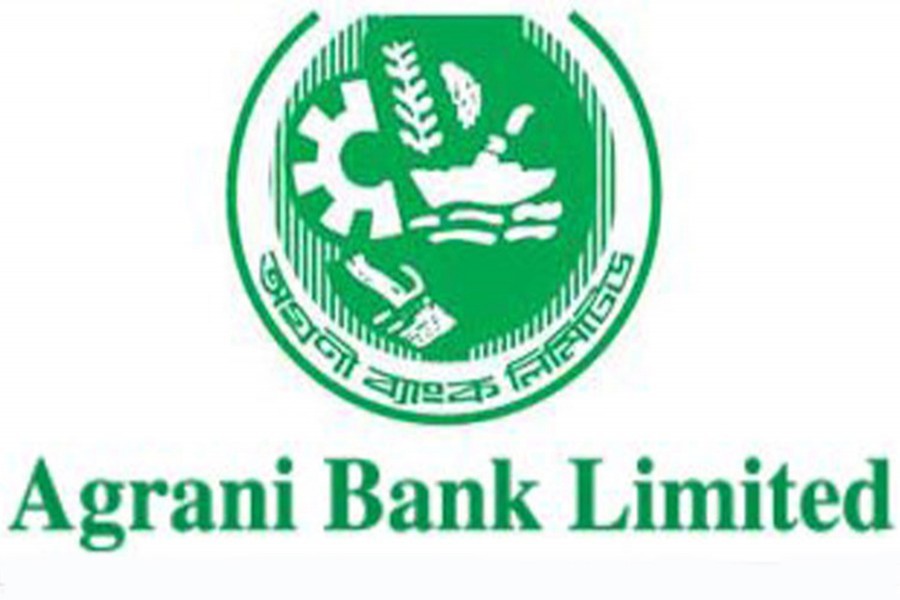It happens sometimes. Media reports on banks contain information that is partly or wholly untrue. In some cases the information is true but the interpretation given is incorrect. In particular, the news headline is often sensationally negative, and sometimes conveys very misleading picture to the reader.
As Chairman of Agrani Bank, I have recently encountered two such incidences which I want to discuss in an attempt to answer the question I have posed at the outset.
Recently, a leading Bangla business daily carried the headline story "Agrani Bank has borrowed Taka 9.0 thousand crore (90 billion) from the call money market in past two weeks". It is true that over a period of 17 days between January 15 and January 31, 2019, Agrani Bank borrowed on 13 occasions amounts that varied from a per day low of Tk 484 crore (4.84 billion) to a per day high of Tk 940 crore (9.40 billion) from the call money market. The reporter added up these 13 individual amounts and made the above sensational headline story totally overlooking the fact that money borrowed from the call money market is for overnight and therefore the sum of the above thirteen individual amounts is not a meaningful entity although the sensational headline gives a very scary picture of the liquidity situation in the bank.
Temporary cash crunch can happen with any bank. There are several instances when a leading state-owned bank with high excess liquidity borrowed from the call money market despite having AD ratio close to 40 per cent. Agrani Bank has excellent treasury management record and never defaulted in maintaining CRR. The recent cash crunch it faced was due to unanticipated expenditure it incurred in purchasing foreign exchange from the market at enhanced price for financing vital public sector imports.
Money market is segmented and financial institutions try to take advantage of this by indulging in arbitrage. A bank which is borrowing from the call money market today may be lending there tomorrow. Agrani Bank made hefty earnings by lending to the money market including call money market in 2018. This is the nature of the business surrounding the call money market. Of course, if a bank continues to borrow very high amounts for extended period, either it has liquidity problem or there is something wrong with its treasury management. But overnight borrowing from the call money market at an average daily rate of Tk 682 crore (6.82 billion) over a period of two weeks certainly does not depict such a worrisome picture for a bank of Agrani's stature. But the picture takes an alarming look when the daily borrowed amounts are added up for the entire duration and the total amount is falsely hinted as the liquidity shortage faced by the bank. This is precisely what happened in this instance.
In the second incidence, another leading Bangla daily of the country carried the story that the Board of Directors of Agrani Bank had granted special repayment facilities to a borrower with overdue instalment payments in violation of the Bangladesh Bank circular.
The reporter somehow got a copy of the memo which was placed before the Agrani Bank Borad and prepared the news item on that basis. He did not bother to find out what the final decision of the Board was. In reality, the Board decided on a stricter dispensation which included the conditions that (a) the overdue amount will have to be cleared before the facility can be availed, (b) the facility would be available for a shorter period than what was proposed, (c) interest amount to be put in a block but only for a limited period contrary to the proposal, and (d) interest rate applicable for the block to be higher than what was proposed. More importantly, the Board decision was based on clear underwriting by the management that it was fully consistent with Bangladesh Bank circular.
So, what do we conclude from these incidences? Does it show malice on the part of news media towards the banking sector? Perhaps not. In both cases, I talked to the newspaper editors and they sincerely regretted the mistake. In my opinion, it is more a reflection of negligence on the part of the reporters in crosschecking the facts. The reporters are always under temptation to make sensational news and this temptation is understandable. But a reporter may not have sufficient knowledge about the working of the financial sector. The new government in Bangladesh is showing a lot of seriousness in dealing with the problems of the financial sector and so the need for due diligence in crosschecking financial sector related information assumes even more importance. Clearly, that did not happen in both these incidences. I, for one, felt particularly let down as I have long history of contacts with media people since my days in Bangladesh Institute of Development Studies (BIDS) as a researcher. In both these cases the pertinent reporters were in regular contact with me discussing issues relating to financial sector and the economy in general. It is sad that they did not feel it necessary to cross check the information with me before they prepared a news item on Agrani Bank.
I guess, the morale of the story is that the news editors need to be more careful in ensuring the correctness of the information on the financial sector before they readily accept a sensational news item from their reporters for publication.
Dr Zaid Bakht is Chairman, Agrani Bank. [email protected]


